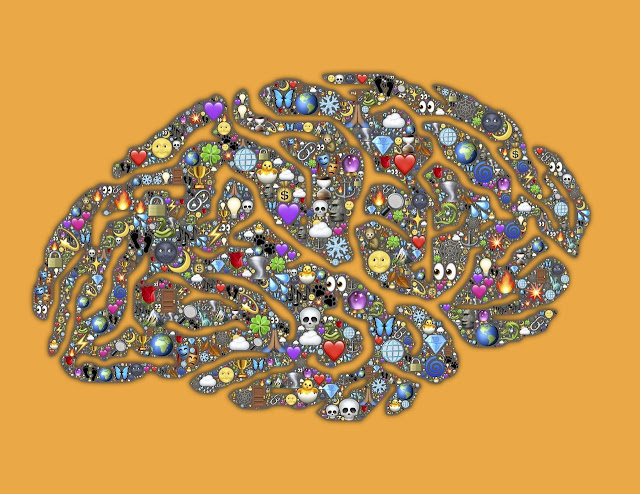Michael Corthell, The Vegan Project Global
Cognitive dissonance, a psychological phenomenon rooted in the discomfort of conflicting beliefs and behaviors, has been a topic of intrigue for decades. It sheds light on how individuals grapple with inconsistencies in their thoughts and actions, offering insights into why people sometimes act in ways that seemingly contradict their own values. One area where cognitive dissonance is particularly relevant is in the context of "carnism" – the belief system that normalizes the consumption of animal products despite a stated concern for animals and the environment.
Understanding Carnism and Cognitive Dissonance
Carnism is a term coined by social psychologist Melanie Joy, describing the prevailing societal ideology that conditions people to consume meat, dairy, and other animal-derived products without questioning the ethics or implications of their choices. While many individuals express empathy and concern for animals and the environment, they often find themselves consuming products that contradict those values.
This is where cognitive dissonance comes into play. The dissonance arises when individuals who care about animal welfare and environmental preservation continue to participate in the practices that contribute to animal suffering and environmental degradation. The clash between their beliefs ("I care about animals") and behaviors ("I consume animal products") can lead to a variety of psychological responses and coping mechanisms.
Resolving the Dissonance
To alleviate the discomfort of cognitive dissonance, individuals may adopt different strategies:
1. Justification: People might rationalize their consumption of animal products by downplaying the negative consequences or emphasizing perceived benefits, such as nutritional value or cultural traditions.
2. Minimization: Some individuals might convince themselves that their personal choices have a negligible impact, thereby reducing the perceived discrepancy between their beliefs and actions.
3. Selective Exposure: People may actively seek out information that supports their dietary choices while avoiding contradictory evidence, reinforcing their existing beliefs and downplaying dissonance.
4. Behavior Change: Others may opt for aligning their behavior with their values by reducing or eliminating animal product consumption, effectively reducing cognitive dissonance.
Breaking the Cycle
Overcoming cognitive dissonance within the context of carnism involves introspection, education, and self-awareness. Recognizing the dissonance is the first step. Engaging in open conversations, seeking out diverse perspectives, and understanding the ethical and environmental implications of dietary choices can help individuals navigate the complexities of this phenomenon.
In a society where cognitive dissonance and carnism intersect, it's essential to approach discussions with empathy and understanding. Remember that cognitive dissonance is a natural response to conflicting beliefs and actions, and individuals may require time and support to work through it.
Conclusion
Cognitive dissonance serves as a fascinating lens through which to examine the interplay between our beliefs and behaviors. When it comes to carnism, understanding how cognitive dissonance influences our dietary choices can lead to more informed decisions and a deeper awareness of the impact of our actions on animals and the environment. By acknowledging and addressing cognitive dissonance, individuals can strive for greater alignment between their values and behaviors, contributing to a more compassionate and sustainable world.
Resources:
- Joy, M. (2010). Why We Love Dogs, Eat Pigs, and Wear Cows: An Introduction to Carnism. Conari Press.
- Festinger, L. (1957). A Theory of Cognitive Dissonance. Stanford University Press.
- Rozin, P., & Stoess, C. (1993). Is There a Disposition Toward Vegetarianism? Toward a Sociological Explanation. Journal of Applied Social Psychology, 23(4), 204-227.

Comments
Post a Comment
We welcome your input!